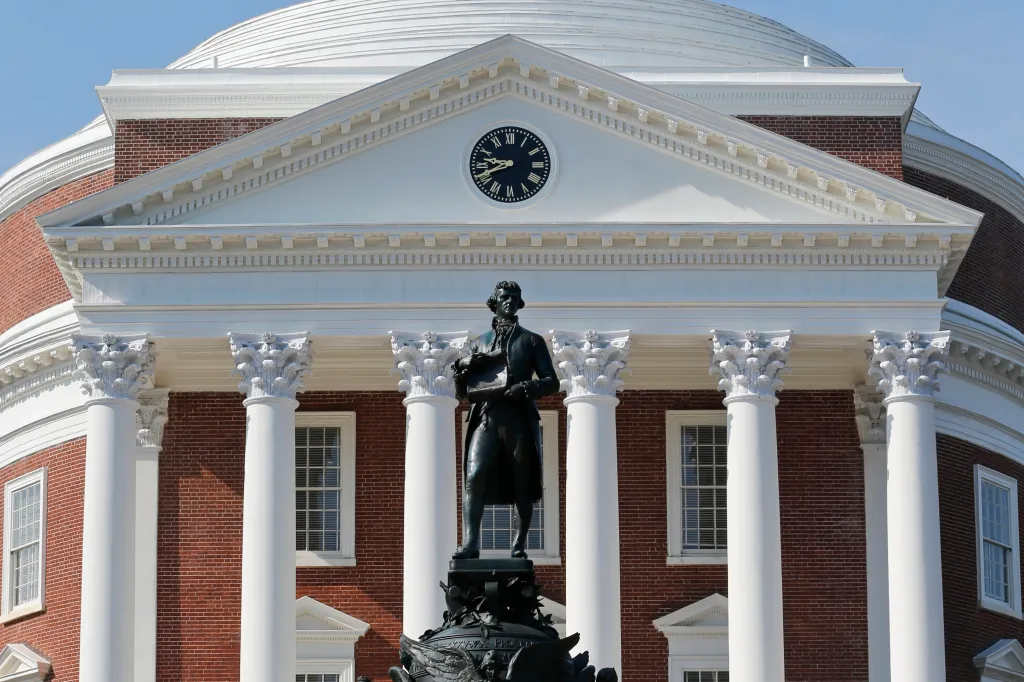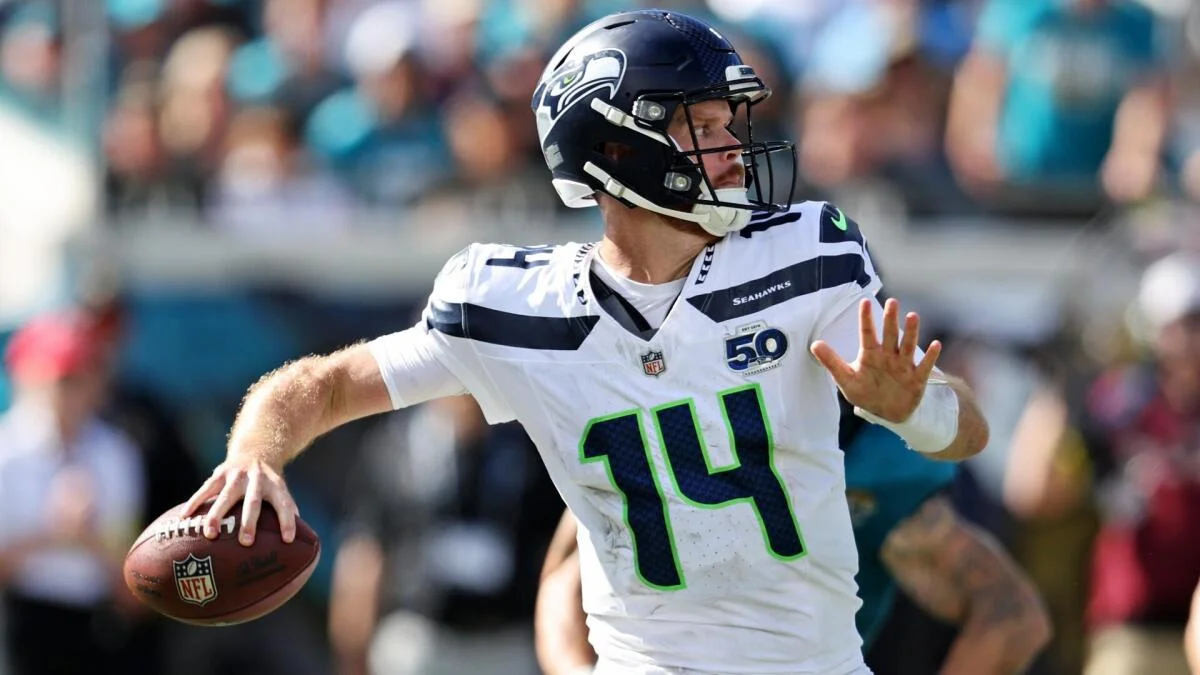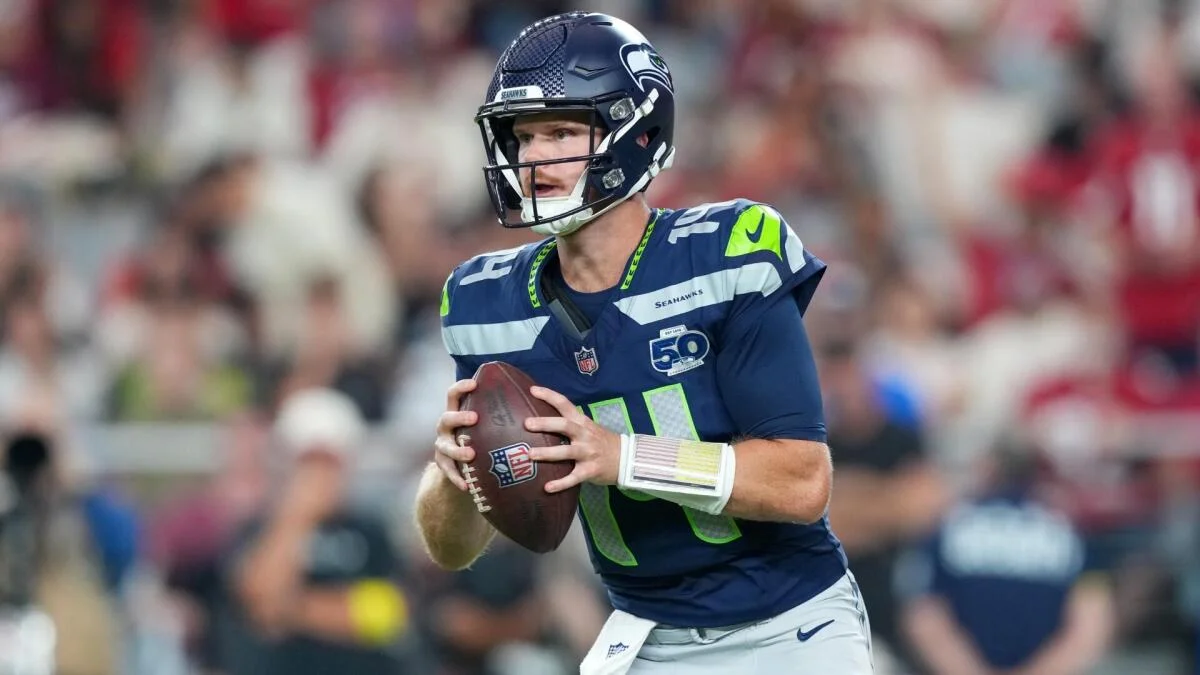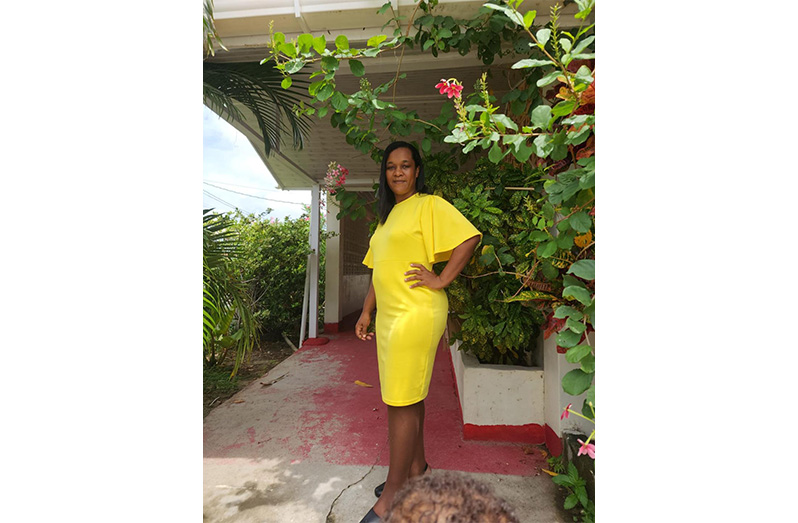Copyright Norfolk Virginian-Pilot

The University of Virginia and the Trump administration are close to striking a deal that would end a monthslong standoff that included the ouster of the school’s president in June, according to five people briefed on the matter. The White House was reviewing the terms of the deal on Tuesday, the people said. A settlement would be the first time a public university has cut a far-reaching deal with the Trump administration as part of the White House’s extraordinary pressure campaign to shift the ideological tilt of the higher education system. In recent months, the government has finalized similar agreements with Brown University, Columbia University and the University of Pennsylvania, all private institutions. Among the terms reached in the past week, the University of Virginia would not pay a financial penalty nor submit to a direct monitoring arrangement, according to three people briefed on the negotiations. The university would be required to continue to take steps to come into compliance with the administration’s expansive interpretation of a 2023 Supreme Court decision that ended explicit consideration of race in admissions to higher education, according to three people briefed on negotiations. Other details in the potential deal, hashed out in secret negotiations in recent weeks by Justice Department and school officials and lawyers, were unclear. Higher education leaders have increasingly viewed the administration’s insistence on an outside monitor, like Columbia agreed to include in its deal in July, as a potential infringement on academic freedom. Instead of including a monitor, who would report to the government on the university’s compliance, the University of Virginia would instead agree to provide regular updates to the government on how the university was addressing the administration’s civil rights concerns, two of the people said. In return, the Justice Department would suspend federal investigations into the university, while reserving the right to resume those inquiries if the administration deemed the school was not making sufficient progress on its civil rights goals. The five people briefed on the potential agreement spoke on the condition of anonymity to discuss confidential negotiations and a deal that had not yet been publicly announced. A spokesperson for the University of Virginia did not immediately comment. A White House spokesperson declined to comment. The known terms of the agreement suggest that the settlement will be more favorable to the university than those reached by other schools. Brown, for instance, committed to spending $50 million over 10 years on workforce programs, while Columbia agreed to a $200 million fine, as well as a $21 million contribution to a claims fund. Penn’s agreement did not include a financial component. The administration has been unable to reach terms with its biggest target, Harvard, despite months of negotiations. Three people briefed on the terms said that the University of Virginia was receiving a favorable deal because of how cooperative it has been with the Justice Department. The school’s former president James E. Ryan stepped down under pressure from the administration. The university also had taken steps in recent months to show the Justice Department that it was complying with its interpretation of the 2023 Supreme Court decision about race in admissions. While legal experts and university officials have argued that schools can still consider race as part of a holistic review of a student’s application, the Trump administration has applied a broader view of the ruling to justify its attacks on policies and programs aimed at promoting racial diversity. Without having to pay a fine, the University of Virginia agreement may make a settlement easier to steer through the state government because no public money will be spent. But in forging a cost-free settlement with the school, the Trump administration may wind up giving other schools — especially public ones — room to negotiate. The government, for example, demanded months ago that UCLA pay a settlement of more than $1 billion. School leaders have signaled that such a demand would be nearly impossible to meet. The New York Times reported in June that Justice Department lawyers demanded that the University of Virginia oust Ryan to resolve an investigation into the school’s diversity, equity and inclusion efforts being led by Harmeet K. Dhillon, the department’s top civil rights lawyer, and Gregory Brown, the deputy assistant attorney general for civil rights. The following day, Ryan resigned. Democrats in Virginia have painted Ryan’s resignation as an act of capitulation. Republicans have pushed back on that notion, claiming that Ryan had been planning to leave and was a liability to the school because he was the wrong person to try to bring the school into line with the Trump administration’s agenda for higher education. The University of Virginia’s potential agreement comes after the university surprised some administration officials by publicly rejecting a Trump administration proposal to link preferential treatment for federal funding to a school’s public commitment to President Donald Trump’s higher education ideology. Just hours after officials from several schools, including the University of Virginia, met with administration officials on Friday, the school’s interim president, Paul G. Mahoney, criticized the proposal for offering special treatment for some schools. He said the proposal, called the Compact for Academic Excellence in Higher Education, jeopardized “the integrity of science and other academic work,” which “requires merit-based assessment of research and scholarship.” “A contractual arrangement predicating assessment on anything other than merit will undermine the integrity of vital, sometimes lifesaving, research and further erode confidence in American higher education,” Mahoney added.



